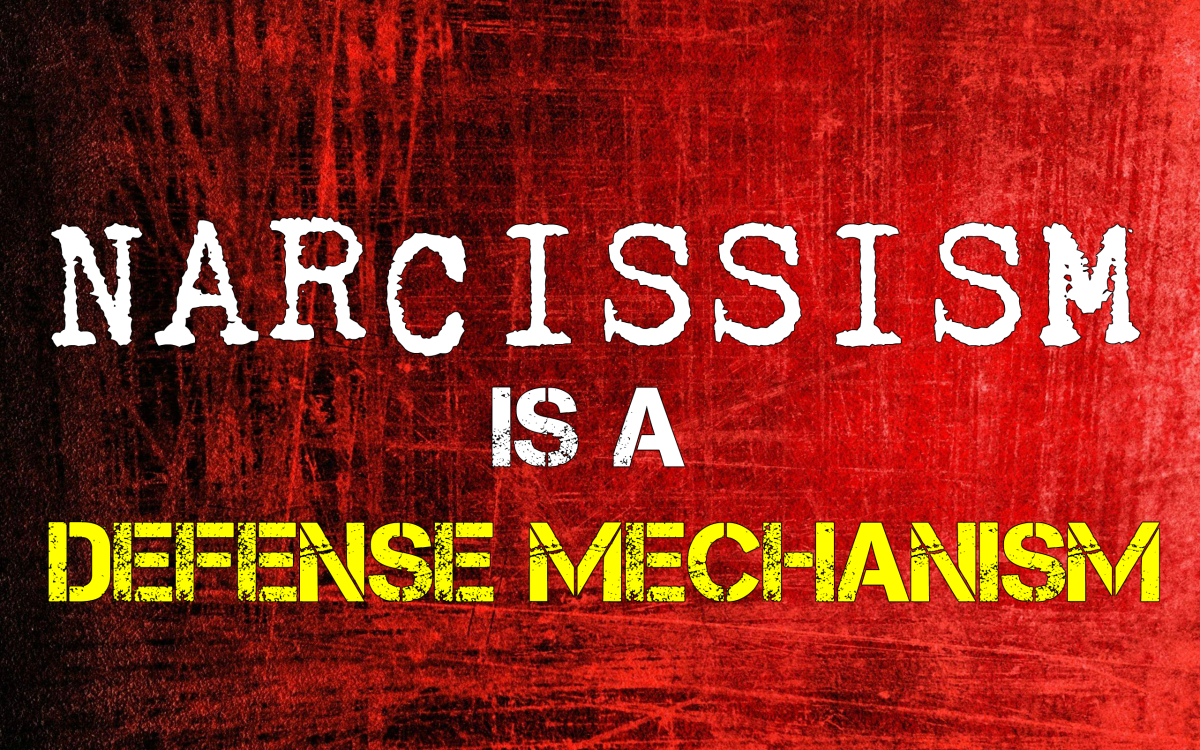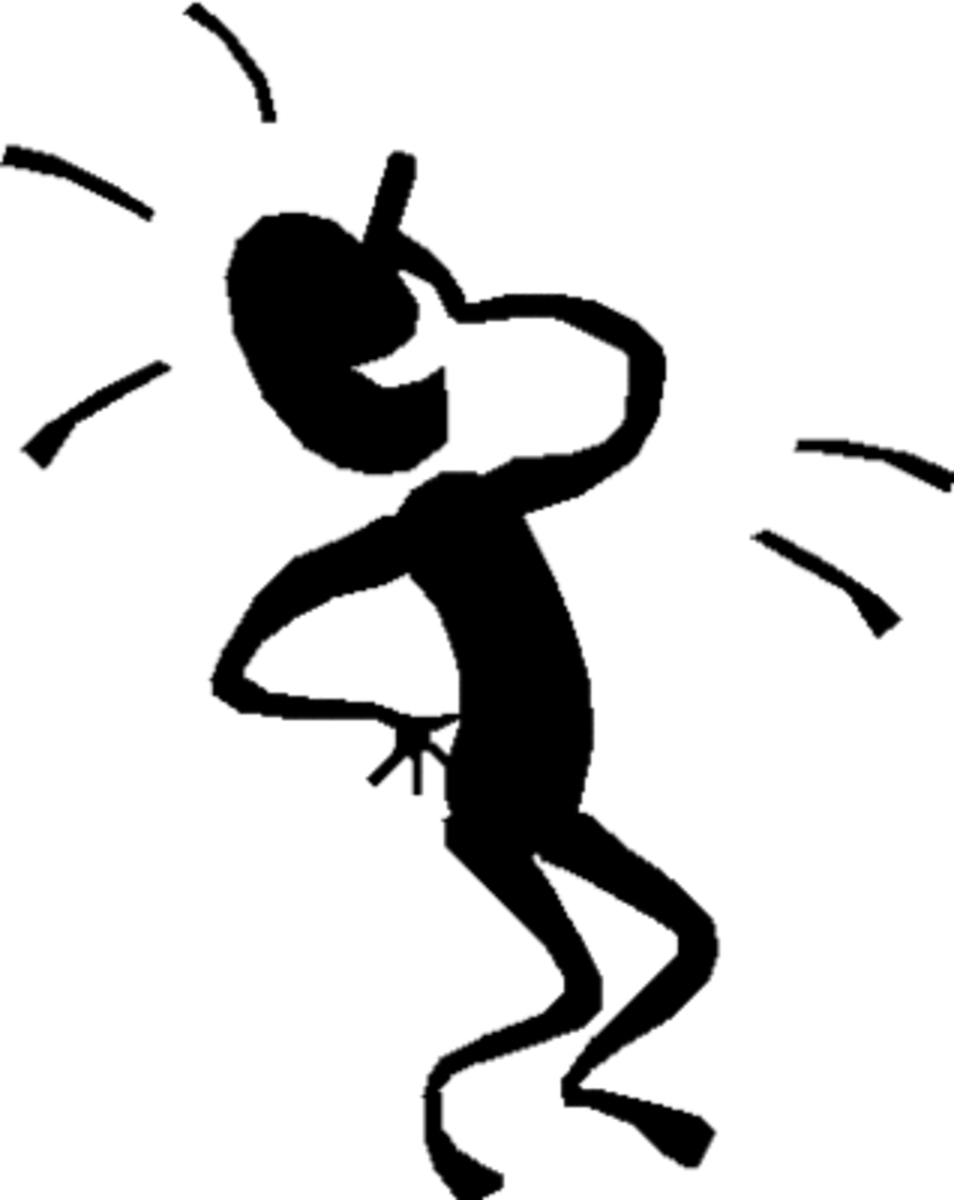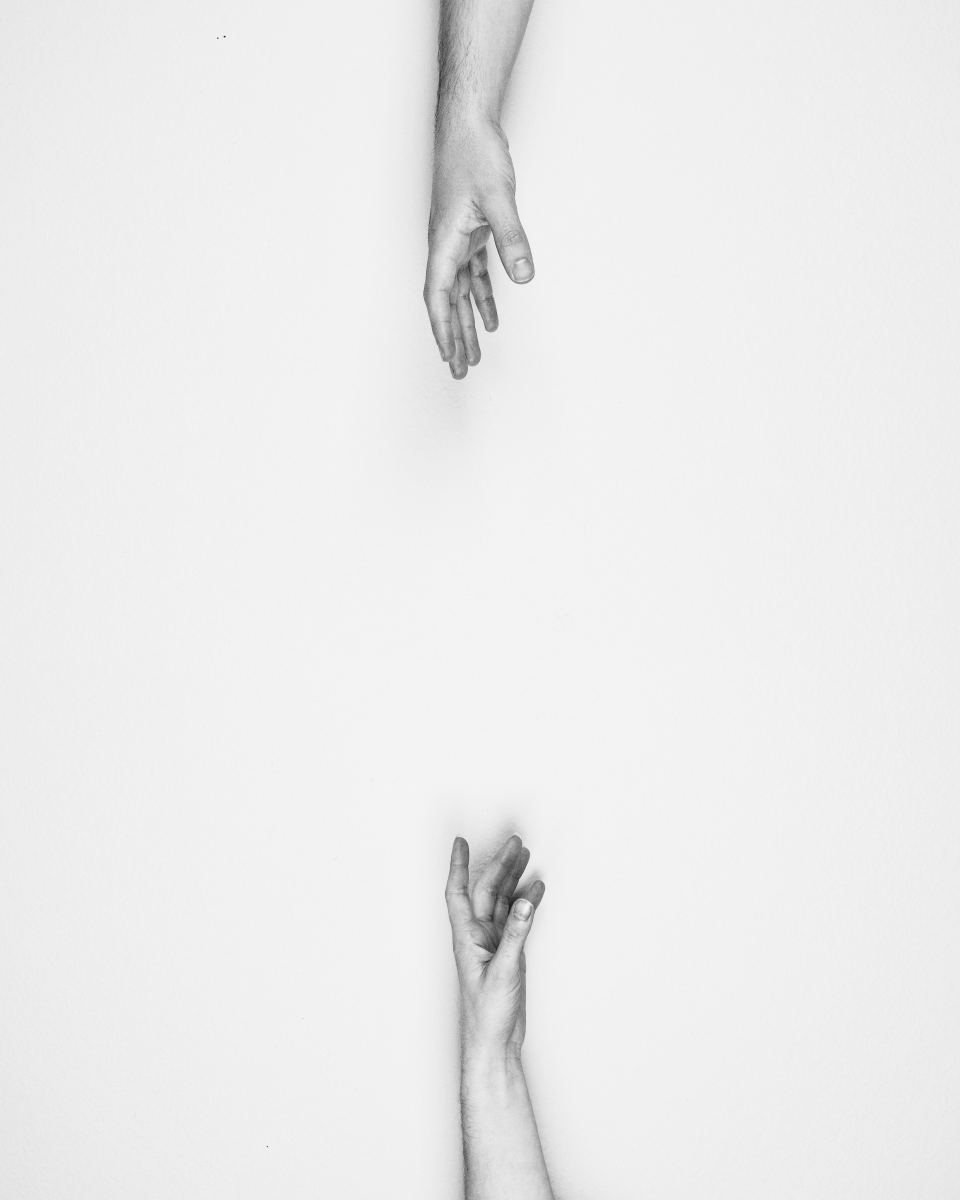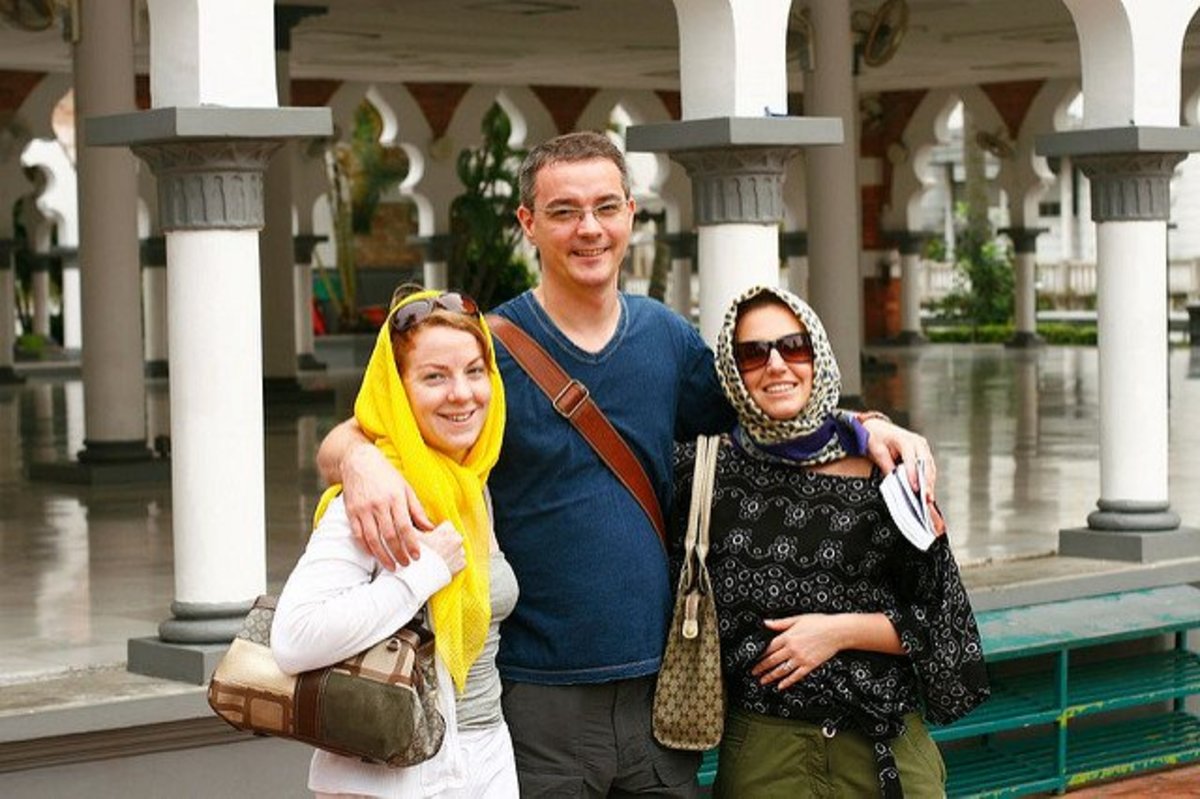YIPPEE! I Was Wrong!
This is probably not a good idea. I imagine this hub may very likely present me as quite an unattractive character to many, but I publish it only with an interest in understanding human nature, social norms, and community interaction. I am not here interested to advance myself as either an admirable or despicable character and I am not trying to portray myself in any particular light - I am being straightforward and honest, with an interest to understand myself and the world I live in better.
I also suspect that the above apology, by way of introduction, was not a good idea either. However, I am going to speak bluntly about myself, my own perception of things, etc, and that seems to require some manner of the above preface - it seems so to me anyway.
I'm answering a question asking if it's difficult for you to admit when you're wrong - my answer is, I am delighted when I discover I am wrong about something and I just about treasure the opportunity to announce that I'm wrong. A large part of the 'why' being wrong about something is such a positive experience for me, is, frankly, because it's such a rare occasion. If you haven't guessed, that is the bit that I fear makes me appear to be a very unattractive fellow. But the point here isn't that I'm so smart and I know everything and so I'm always right, the point is something very different - however, all my life it has been perceived by many that I think I'm so smart and I know everything and so I'm always right.
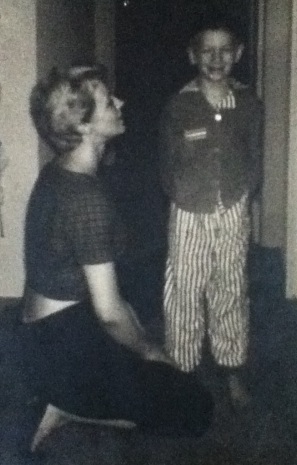
It's all her fault anyway
I've never felt inside that I thought I was smarter than others, I never thought I knew everything, or that I was always right, etc - but all my life I've had to struggle against that perception from others. It's an odd thing when you don't feel arrogant inside yourself, when you know you don't own the kind of thoughts that would nourish arrogance (like thinking you're smarter than others and that you know everything, etc) but others seem to take you that way. As I say, I struggled with this, examining and reexamining myself throughout the years - and then a wonderful thing happened - I had kids.
I had six kids to be exact, and all my kids were raised by the same people, in the same environment, under the same influences, etc, etc - yet (of course) all my kids are very different in many ways. My oldest daughter and I are very much alike almost across the board. Let me introduce our similarity, and the feature I want to address here, with this little story;
One afternoon I was watching the film "Broadcast News" on television. To set the stage, very basically, this is a film about three individuals who work in a network newsroom . . . one is an experienced and very competent male reporter, one is a new and not so competent male anchor getting by on his good looks, and the other is a complex, smart, emotionally fragile female reporter/producer. An interesting side note; eventually you recognize that the incompetent anchor isn't so incompetent and isn't really getting by on his good looks - it's just that he's good at correlating information on the air and connecting with his audience, rather than good at writing, editing, and even fully understanding the news he's reporting (which what the standard for 'good' is in his career).
But what happened, that I hope is somewhat informative of my point here is this; in one scene the female producer is arguing with her boss about how he's going to have a story covered, he says one thing and she debates, he insists that's his decision and she debates, etc. Finally he stops and looks at her and says something like "It must be wonderful to always know you're right, that you're always the smartest person in the room" and she, without pause, answers with a tear just forming in her eye "No it isn't - it sucks". The instant she said her line my phone rang, and here's the clincher - I knew it was going to be my daughter.

Like father like daughter
In a voice a bit trembling from tears she asked "Have you ever seen 'Broadcast News'?". I told her I was watching it just now and she fully started to cry. We talked a bit and before she hung-up she said "And the worst part is - she IS right about that story and we can all see it because we're watching the story unfold!". This is why it was so helpful for me to have kids. I know my daughter . . . I know she doesn't think she's any better than anyone else, I know she's a humble, sweet, and kind person - but I also know she's almost always right about whatever she's talking about. And here's how that happens ~
I'm not arrogant, I don't think I'm any better than anyone else . . . and I don't think I smarter than others, I don't think I know everything - but here's the difference; I know what I know and I know what I don't know. Everybody is different, and the way I am (just like the way everyone else is) is the amalgam of my genetic predisposition, the way I was raised, the experiences I've had in life, etc, etc. In me things all came together to produce a man with a good working mind who delights to learn, a man who doesn't define himself as compared to others but from within as compared to an ideal, a man who looks at things dispassionately, critically, analytically, etc, etc. Now, none of that is either good or bad, it's just raw material - what defines good or bad is how you use, what you do with the raw materials, the features and aptitudes, etc, that make-up 'you'.
So, I'm not asserting that I'm so wonderful or that others should be more like me - I'm merely trying to set forth what I am like to better understand this dynamic of being accused of arrogantly thinking you're always right, etc. Here's the way it works in me; I don't judge people's worth by what they do for a living, how smart they seem, etc, I just take everyone as they are. I'm perfectly comfortable talking with a doctor or auto mechanic about things I'm very ignorant about, and am boyish in my interest to learn. I am also perfectly comfortable talking about something I'm quite knowledgeable about with people and sharing my interest and knowledge. Now, part of the difficulty comes from the fact that I have broad interests and, as I said, it's a delightful thing for me to learn about stuff. So I'm one of those guys who kills at Jeopardy or Trivial Pursuit . . . as I suggested, I know little about medicine or mechanics, but I know more than most folks I meet about movies from the 30s & 40s, theology, comic book artists of the Silver Age, history, music, etc.
And, because I don't evaluate others on intellect and I'm comfortable not knowing stuff and comfortable knowing stuff, I participate without reserve . . . I'll happily say "I don't know" and not feel like I'm a dope because I don't know something, and I'll happily say "actually, the fact is" and not feel like I'm the smartest guy in the room because I do know something. But that's all kind of backdrop, the flavor of how things go - the real issue is this;
I know what I know and I know what I don't know. I make a clear distinction in my mind between things I know to be true, things I'm pretty sure about, things that seem likely to me, things I could take an educated guess at, and things I simply do not know. I see people all the time arguing a point, asserting that they are right, when they are factually and demonstrably wrong. That doesn't happen to me very often at all, like, just about never, because I simply don't advance something as right or true if I don't know that it's right or true - if I think I remember something as right then I'll say "I think", and if I don't know but I have an inclination I'll say "I don't know but it seems to me", etc. So what happens? If you only say you're right when you know you are right, and you are right, then you become the guy who's always right, and then the guy who thinks he knows everything, and the guy who must certainly be arrogant about being right all the time, etc.
I'm not arrogant, I don't feel that inside me, I don't think I'm any better than anyone else at all. And I'm well aware of my many frailties and faults, and I'm well aware that I own many frailties and faults that I'm not aware of. It's just this; I like to learn, and like many, many people I know a good bit about a broad range of subjects - the thing is, inside me I make a clear distinction between what I know and what I merely think maybe I might know . . . the consequence is I am rarely wrong about things I've said or asserted, not because I'm remarkably smart and know everything,. but because my temperament, my general disposition inclines me to not say things or make assertions if I don't know what I'm talking about.
And so, I love it when I'm wrong about something, I feel no emotional discomfort, it doesn't serve my ego to 'win' or be on top no matter what - if I'm wrong about something I count that as an opportunity to learn, to correct, to improve . . . and to demonstrate that I'm just as goofy as all the rest of you ignorant chuckleheads.



